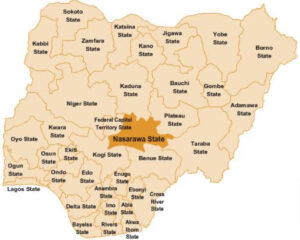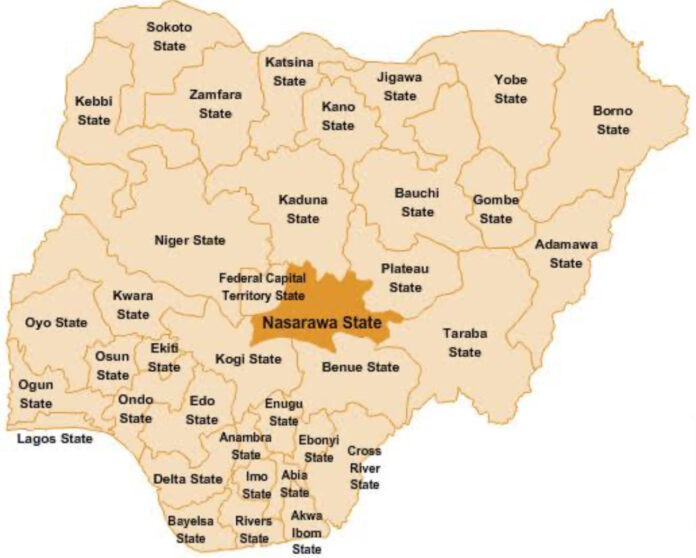By Hauwau Shehu Maikeffi
Nasarawa State, once considered a relatively peaceful region in North-Central Nigeria, is increasingly becoming a hotspot for violent crimes, raising concerns among residents. The recent attack on the Divine Majesty Worship Ministry camp in Nyanya, where armed assailants killed three worshippers and abducted several others, is just one of many troubling incidents. While security forces acted swiftly to rescue the victims, the initial attack highlights a larger issue one that has been brewing for years.
From kidnappings to armed robberies and clashes between criminal groups, the frequency of violent incidents has left many questioning the effectiveness of security measures in the state. Just a few weeks ago, a former councillor was arrested alongside five others for alleged involvement in kidnapping operations, further reinforcing fears that crime networks are not just operating but thriving within communities.
For many residents, these attacks are not just numbers in crime reports; they are real-life nightmares that disrupt livelihoods, displace families, and instill fear. Worshippers can no longer gather without fear of an invasion, and travelers are constantly wary of roads that have become dangerous corridors. Businesses, too, are feeling the weight of this crisis, as insecurity threatens investments and economic stability.
While security agencies have recorded some successes in apprehending criminals, the recurring nature of these incidents suggests deeper issues. Is there a failure in intelligence gathering? Are there gaps in community policing? Or is it a case of criminal elements finding safe havens due to weak law enforcement?
Nasarawa’s growing insecurity is a call for urgent and strategic action. Temporary rescue missions and arrests, while commendable, are not enough. A long-term, sustainable security framework,  one that prioritizes both preventive measures and swift justice—is the only way forward. Anything less would be a dangerous gamble on the lives and futures of the people who call Nasarawa home.
one that prioritizes both preventive measures and swift justice—is the only way forward. Anything less would be a dangerous gamble on the lives and futures of the people who call Nasarawa home.










